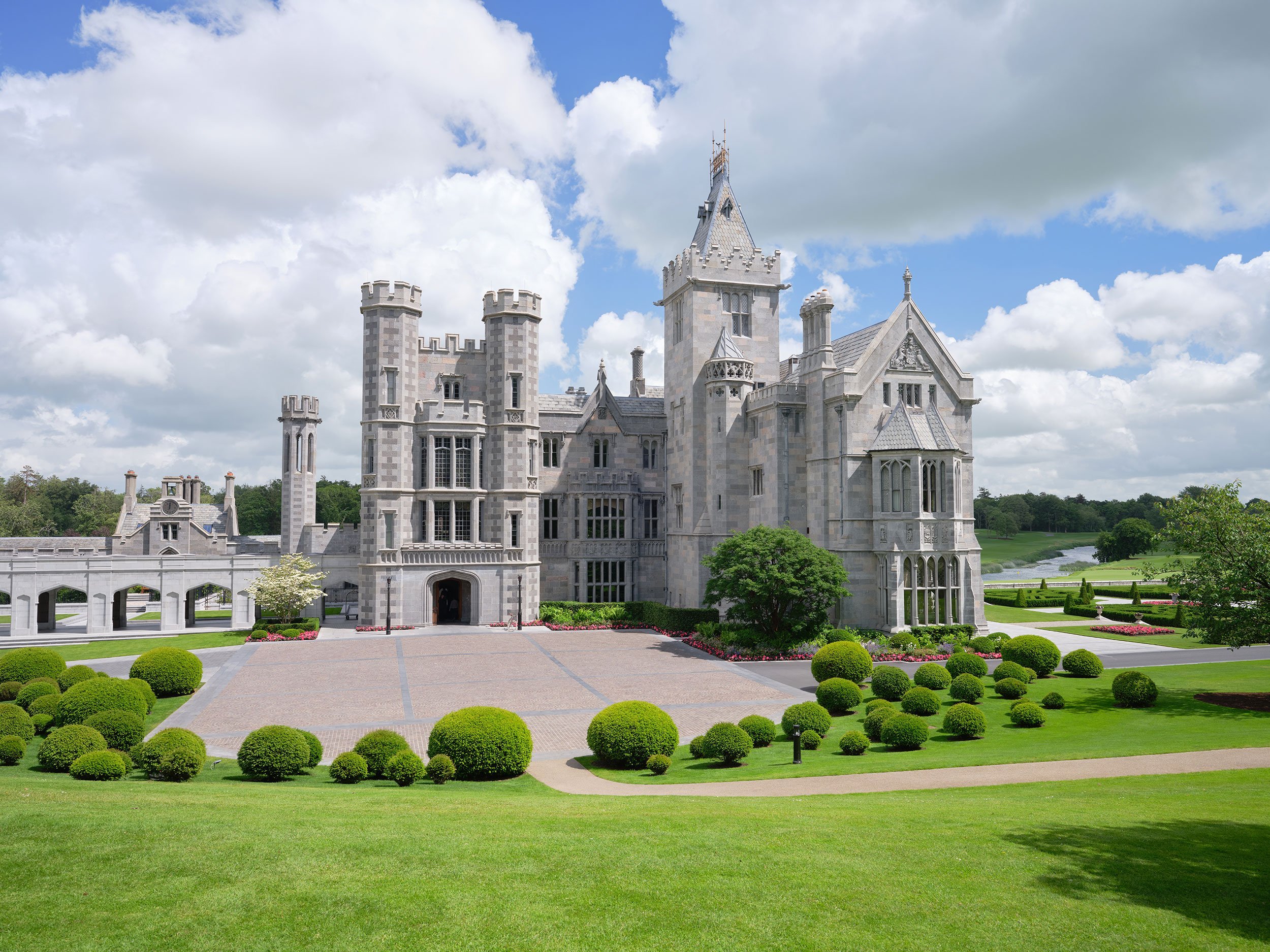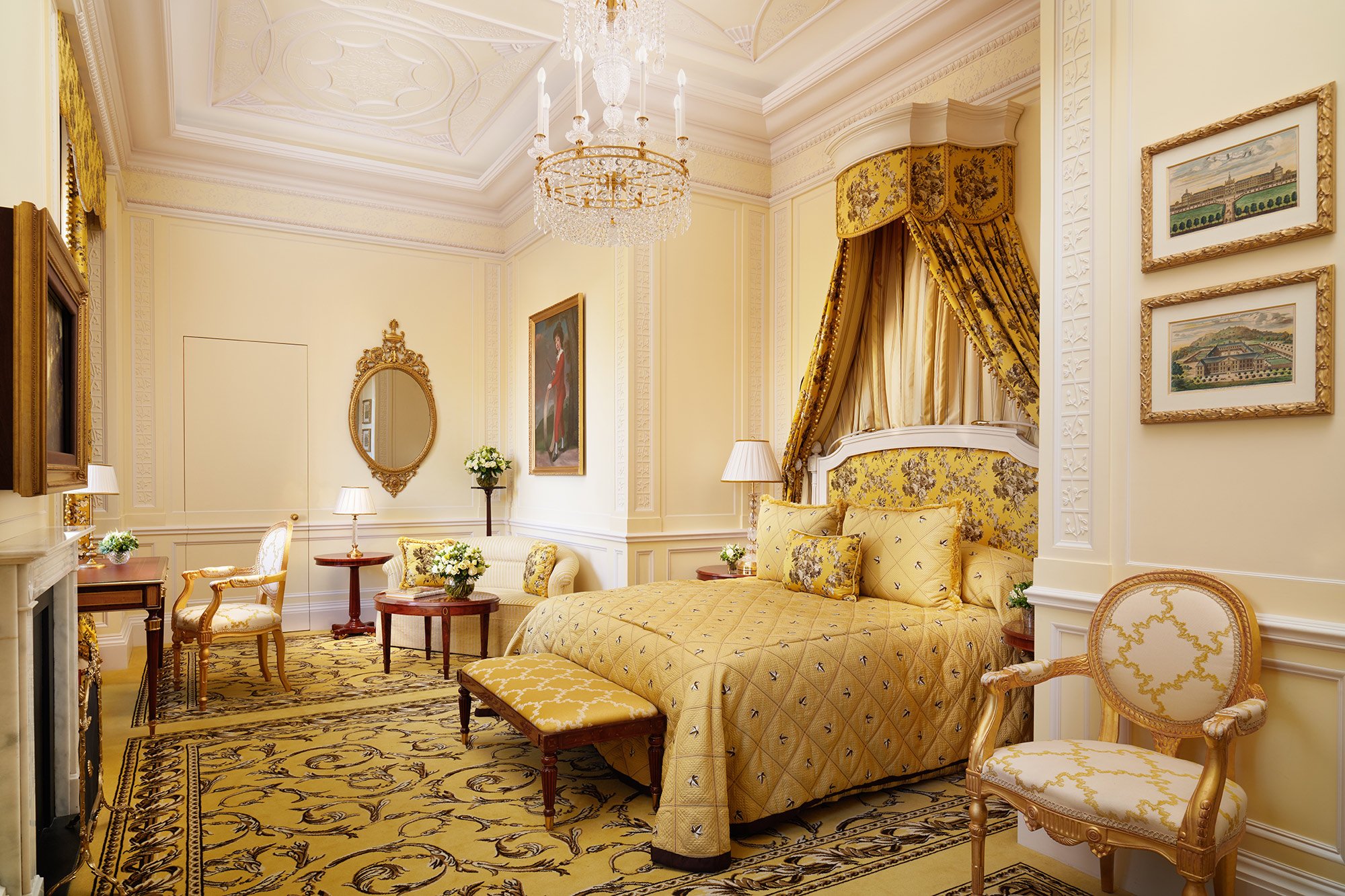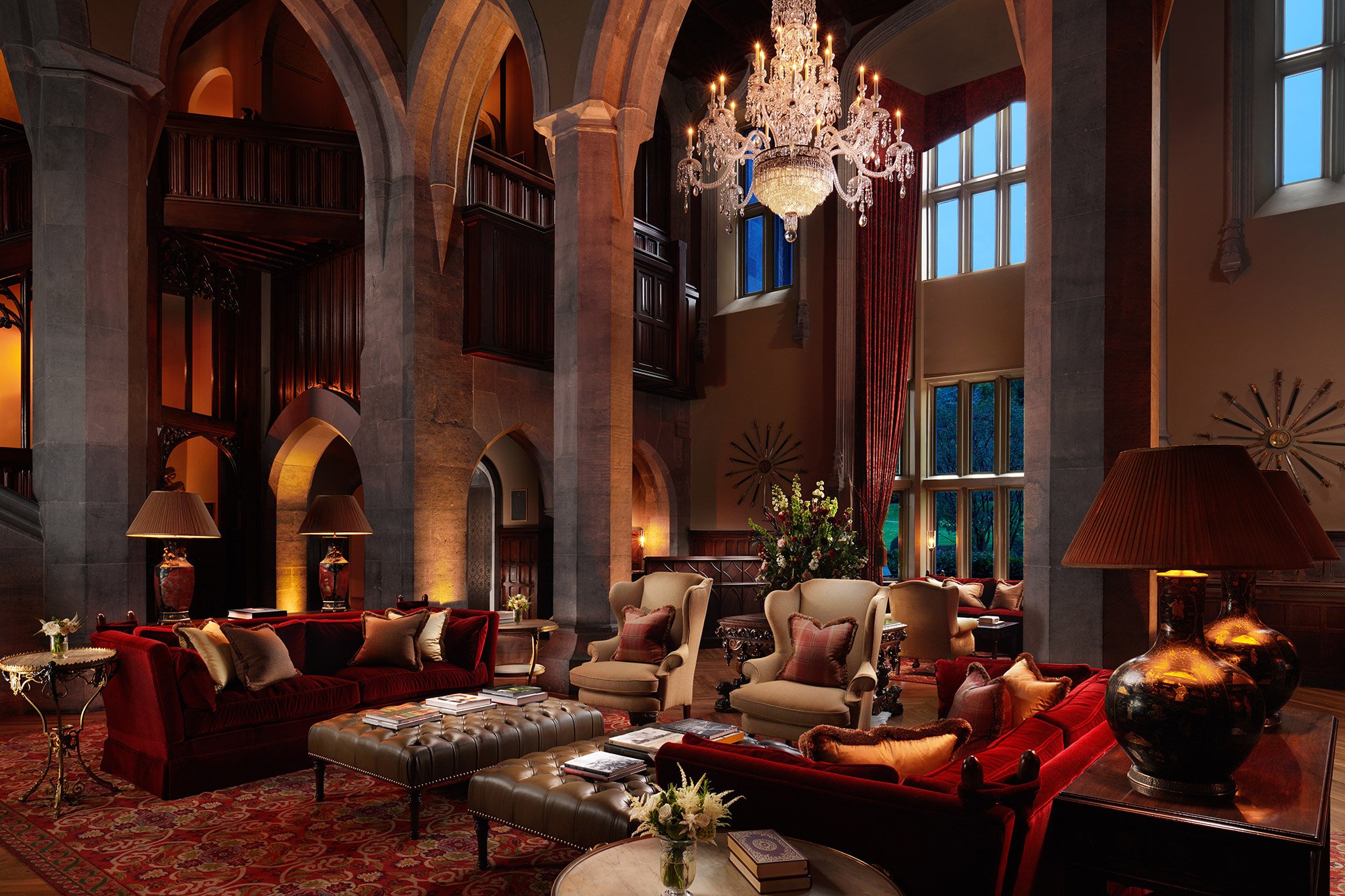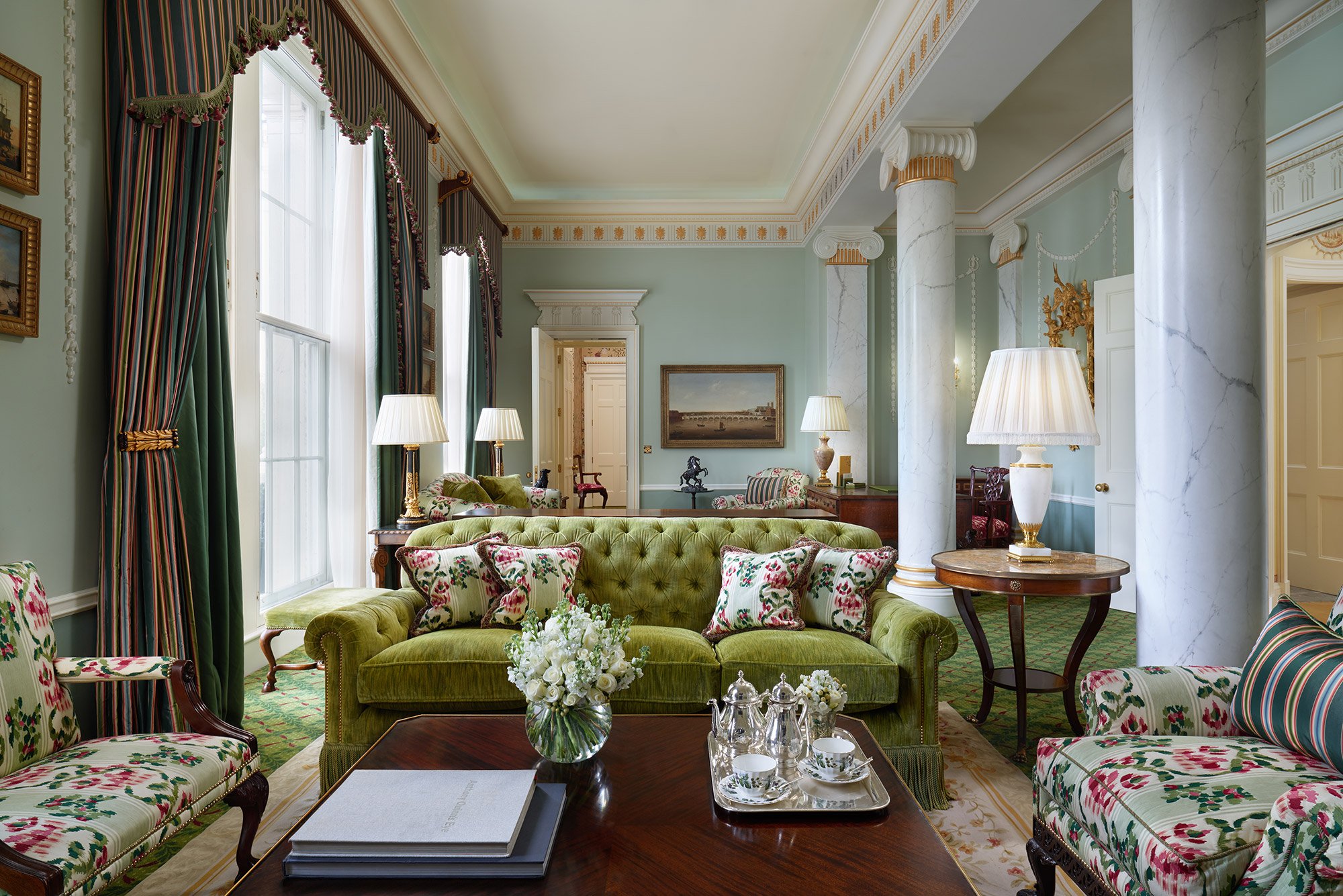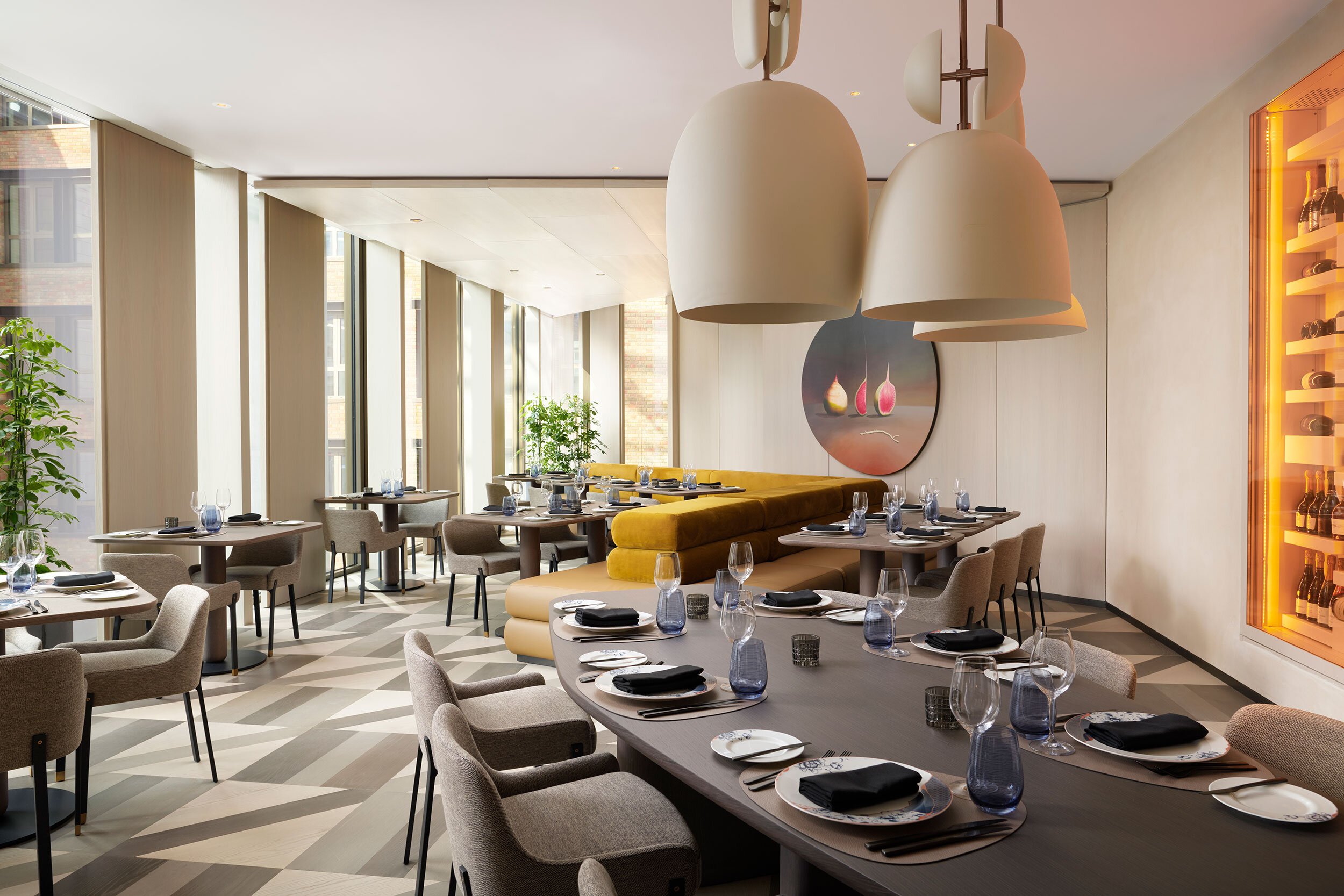Hiring a photographer, regardless of the occasion or project, is a critical decision. In the world of hotels, it's surprising, even astonishing, to see many establishments not fully grasping the value of top-notch photography. The harsh truth is, many fail in this aspect because they either skimp on budget or hire someone without the specialized expertise in hotel photography. Hotel and interior photography is a niche that demands an acute attention to detail, advanced lighting techniques, and a superior post-production workflow. An image speaks a thousand words, and in the competitive hospitality industry, you want to ensure those words paint your establishment in the best light and align with your brand's vision. Here's an overview on what to consider when on the hunt for the perfect photographer to encapsulate the essence of your hotel.
Dedicate Time for Portfolio Review: Never rush this step. A photographer's portfolio provides a window into their style, expertise, and versatility. It’s vital to delve deep, scrutinise each image, and understand the story they’re trying to tell.
Examine Clientele and Experience: A glance at a photographer's past clients can offer insights into their reliability and expertise. An extensive list of well-known clients typically indicates a high level of professionalism and experience in managing varied assignments.
Seek Dynamism and Specialisation: While it's advantageous for a photographer to be versatile, showcasing specialisation is equally crucial. For instance, for hotel photography, a photographer should have experience capturing everything from high contrast bedroom shots to expansive restaurant spaces. This diverse portfolio indicates their ability to capture the essence of a hotel comprehensively.
Evaluate Technical Proficiency: Dynamism isn’t just about the subjects captured but also the techniques employed. A proficient photographer can shoot using natural light and artificial to create an authentic feel, and also knows when to employ techniques to sculpt light, producing atmospheric twilight images that evoke emotion.
Assess Amicability and Communication Skills: You'll be working closely with the photographer, so it’s essential they are amiable and easy to communicate with. Their ability to understand your vision and translate it into images depends largely on how effectively you can convey your ideas and how well they can interpret them.
Understand Their Post-Production Skills: Photography doesn't end with just clicking the picture. Post-production plays a pivotal role in enhancing images and bringing a photographer's vision to life. Ensure your photographer is adept at this and maintains the authenticity of the image during post-processing.
Check Reviews and Testimonials: In today’s digital world, reviews are a goldmine of information. Past client reviews can give you a clearer picture of the photographer’s professionalism, delivery time, quality of work, and overall client satisfaction.
Discuss Deliverables and Timelines: Set clear expectations regarding the number of edited images you'll receive, the format of delivery, and the timeline. This will help avoid any misunderstandings later on.
Budget and Value: While it's essential to stick to a budget, it's equally important to understand the value a photographer brings. Sometimes, it’s worth stretching the budget for a photographer who understands your vision and can execute it flawlessly. It’s also important to remember the value images bring and in the grand scheme of things, photography is inexpensive. Consider its value spread over the images' 5-10 year lifespan; even high-end photography proves to be a long-term, high-return investment.
Trust Your Instincts: Sometimes, it boils down to your gut feeling. If you have a good vibe about a photographer, trust that instinct.
In conclusion, hiring the right photographer is a blend of research, understanding, and intuition. Take your time (but not too much time), choose someone who aligns perfectly with your vision and can deliver images that will generate the most amount of revenue for the hotel.
Given the extensive exposure these images receive – from the hotel's official website to third-party booking platforms and various advertising campaigns – they essentially serve as the hotel's storefront window. A vast majority of potential guests base their booking decisions on these visual representations. Therefore, just as a physical storefront invests in appealing window displays to entice passersby, hotels must invest in top-quality imagery to attract and convince potential guests. In the digital age, where first impressions are often made online, ensuring that your hotel's visual presentation is of the highest caliber is not just desirable; it's essential.
